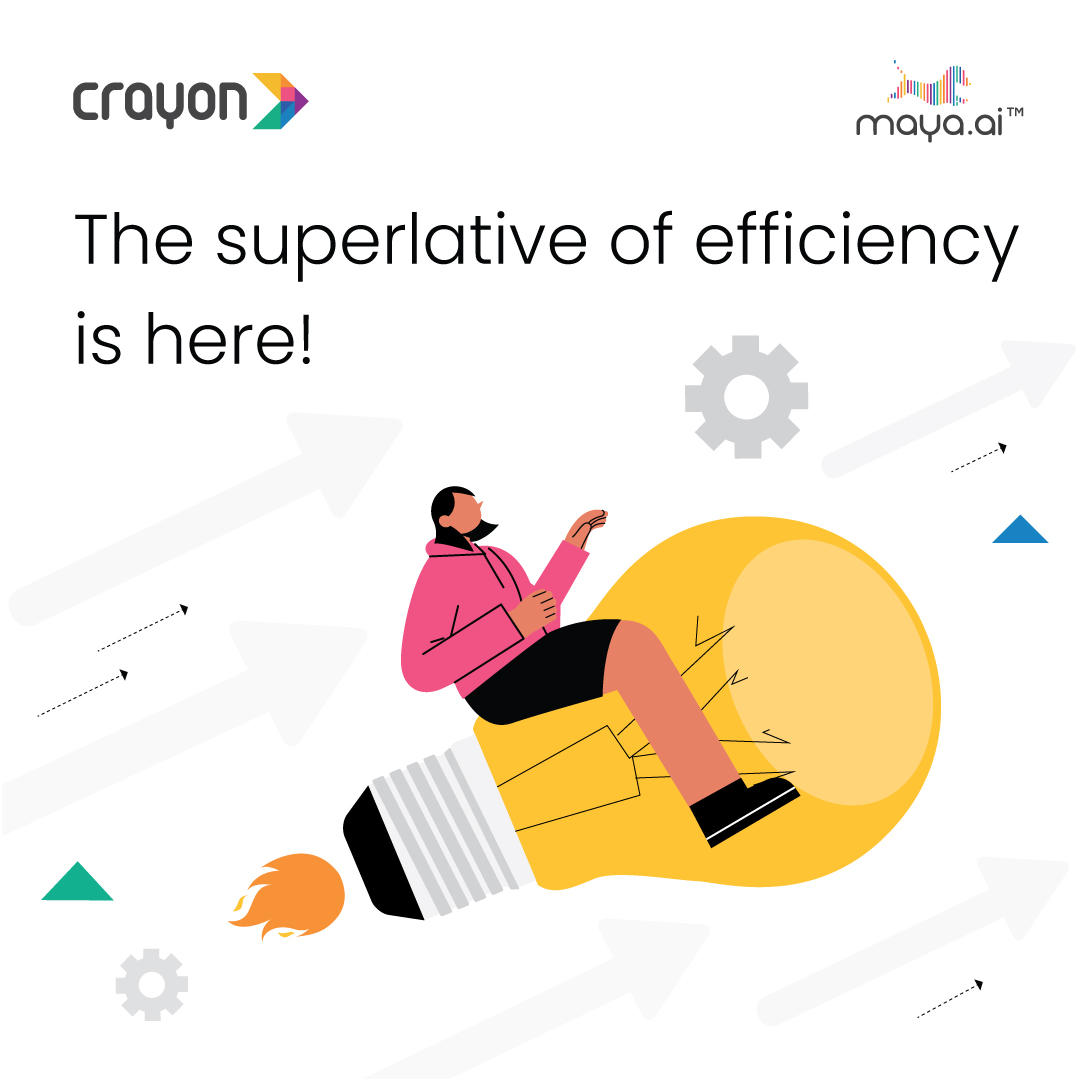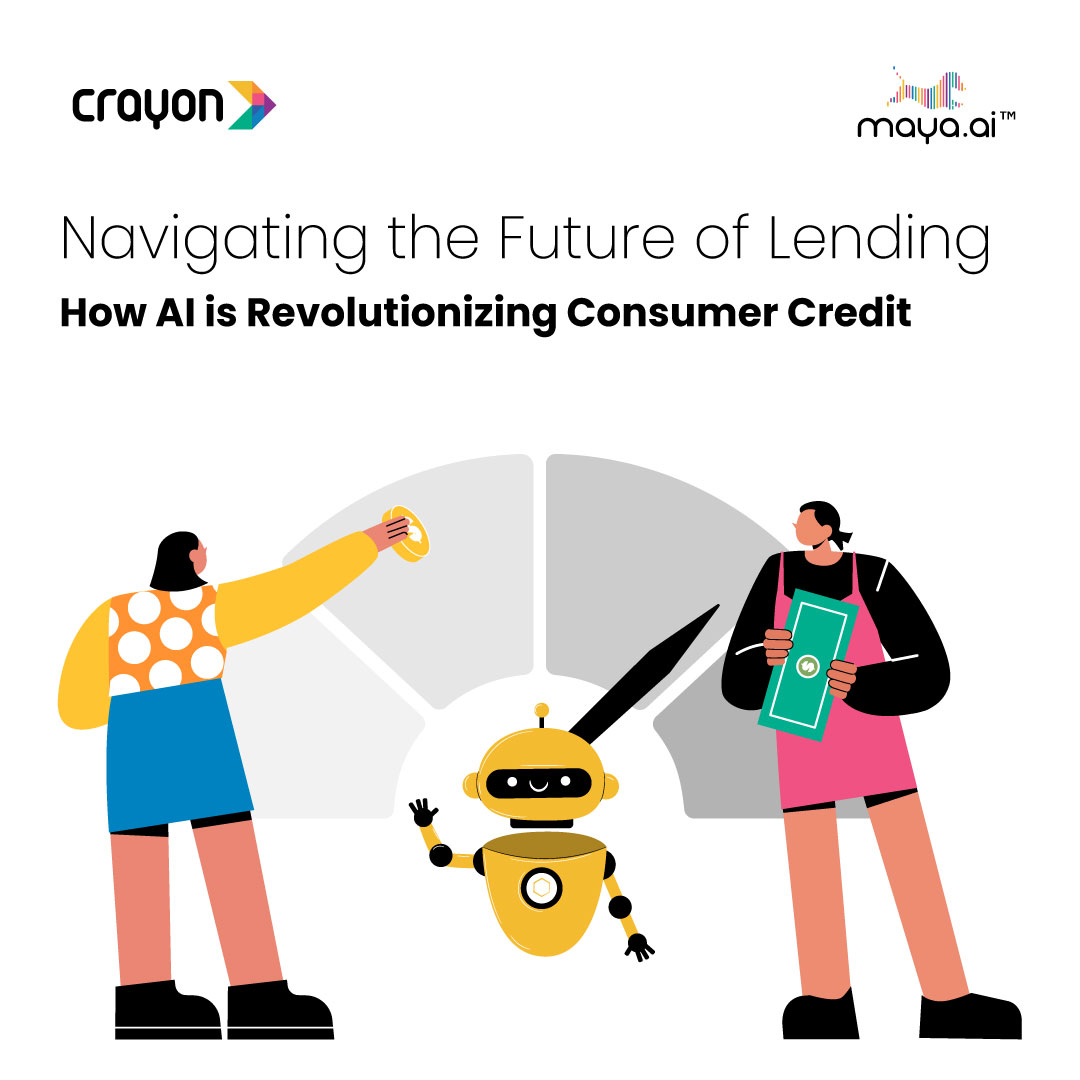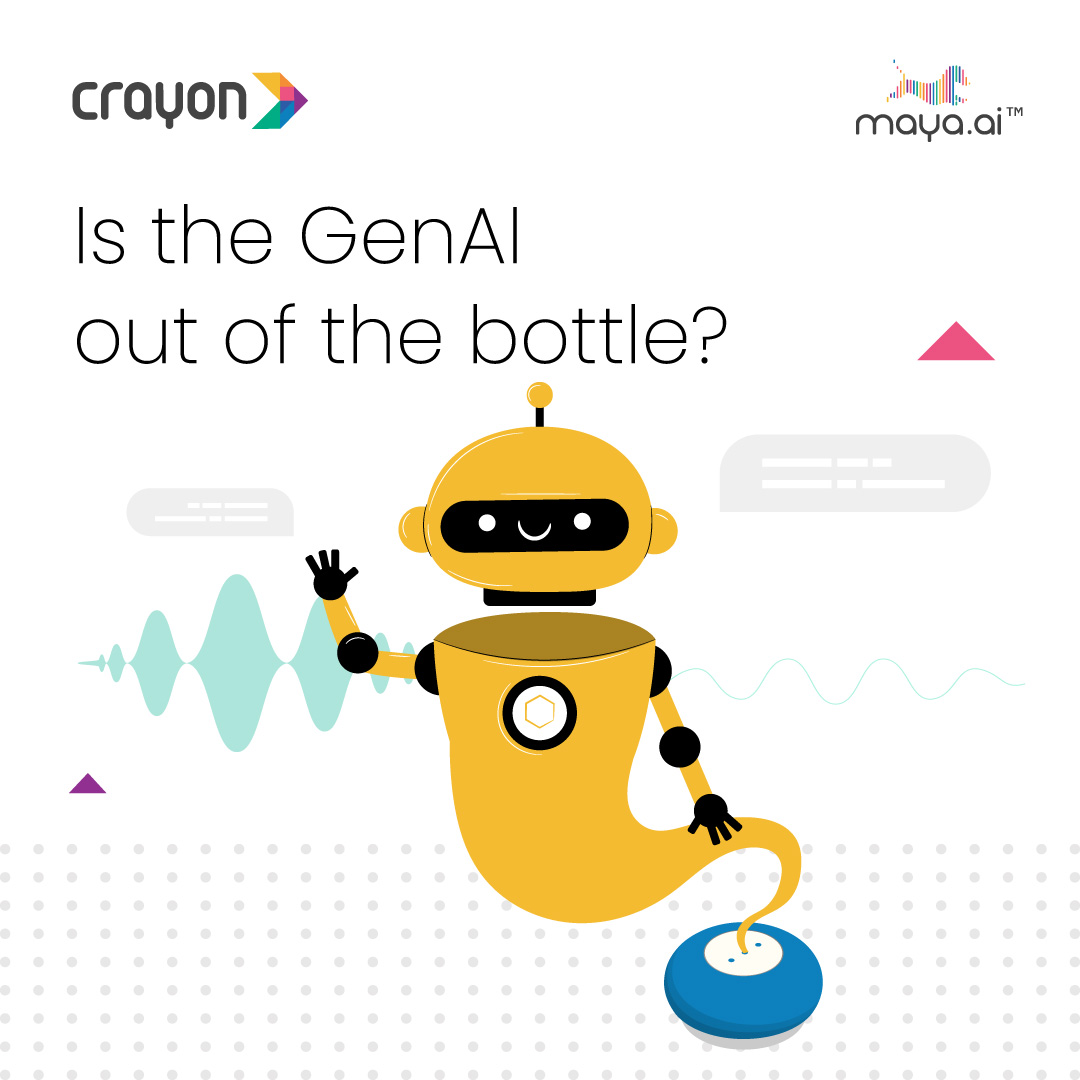Creative writing is dying, if not dead,” moaned one commenter, and he wasn’t alone. The story that provoked this particular episode of hand-wringing appeared in the New York Times’ Bits blog, and had to do with the ability of new e-book subscription services like Oyster and Scribd to track their members’ reading habits. If authors are armed with data about, for example, whether readers finish a book — and the exact point at which they abandon it if they don’t — then, wrote David Streitfeld, they “can shape their books to please their readers more.”
E-book retailers like Amazon and Barnes & Noble have been collecting information like this for a while now, but they keep it to themselves. Oyster and Scribd — no doubt aware that these days there’s much more money to be made from people’s fantasies of becoming successful authors than there is from actually selling books to readers — have said they are willing to share the data they gather, presumably for a fee. And authors, especially self-published authors, are very interested. Quinn Loftis, a self-published author of YA fiction who reportedly makes a “six-figure annual income” from her books, told Streitfeld, “If you write as a business, you have to sell books. To do that, you have to cater to the market. I don’t want to write a novel because I want to write it. I want to write it because people will enjoy it.”
That’s the sort of statement that inevitably cues a chorus of laments about the decline of Western Civilization in general and literature in particular. Not to mention the predictable dumb jokes about how it’s a good thing that some past great (Shakespeare or Joyce usually) isn’t around to see their work degraded by such fads.




